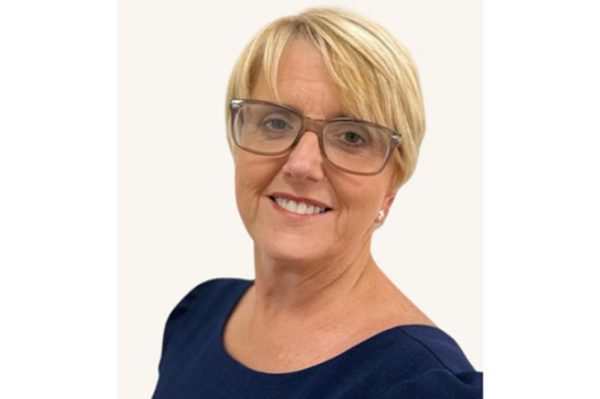Support quality, independent, local journalism…that matters
From just £1 a month you can help fund our work – and use our website without adverts. Become a member today

A rule that has required masks to be worn at Gwent’s hospitals last month was made due to an earlier than expected onset of winter illnesses.
But Nicola Prygodzicz, the chief executive of the area’s Aneurin Bevan University Health Board (ABUHB), told its November meeting: “We hope we’ve seen presentation of sickness earlier, rather than an additional demand.”
On October 7, ABUHB introduced rules requiring patients, staff and visitors at all its hospital sites to wear masks. The health board provided masks at entrances to wards and clinical areas, and asked visitors to limit attendance at hospitals.
The rules were lifted on October 24.
The board’s November meeting was told the NHS in Gwent has struggled to cope with increased demand over the past two months. It was also struggling to maintain improvements, reported in October, that reduced the time emergency ambulances have been waiting outside the Grange Hospital in Cwmbran.
Why is Caerphilly in Gwent?
Caerphilly County Borough was formed on April 1, 1996, by the merger of the Rhymney Valley district of Mid Glamorgan with the Islwyn borough of Gwent.
Administratively, for local services such as the police and health, the borough now falls under a wider region referred to as Gwent. This comprises the council areas of Caerphilly, Newport, Torfaen, Blaenau Gwent and Monmouthshire.
Ms Prygodzicz said: “We’ve seen really high levels of demand and acuity.”

She said there has been a “congestion” of people at the Grange waiting to leave for other hospitals which haven’t been able to accommodate them.
However the Grange has also struggled to provide for its own patients, which the chief executive said demonstrated the high levels of demand on acute care and in intensive care.
Improvements in progressing patients through the Grange, reported in October, were made under the board’s Your Next Patient drive – but Ms Prygodzicz said it faces a challenge to maintain those improvements.
She said the Your Next Patient scheme “saw significant improvement in lost ambulance hours and long stays in the emergency department but it’s a struggle to try and sustain that level of improvement from early October.”
Ms Prygodzicz said the board has additional capacity in place to respond to winter pressures, and it will be assessing how it can maintain the improvements it made under the Your Next Patient programme. She also said there will be a fortnight-long national focus on hospital discharges during December.
Support quality, independent, local journalism…that matters
From just £1 a month you can help fund our work – and use our website without adverts.
Become a member today
